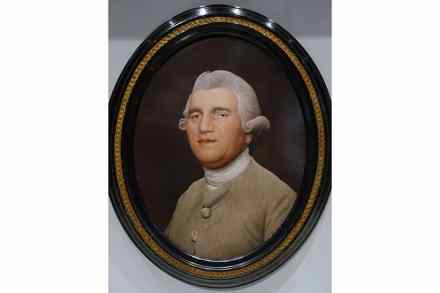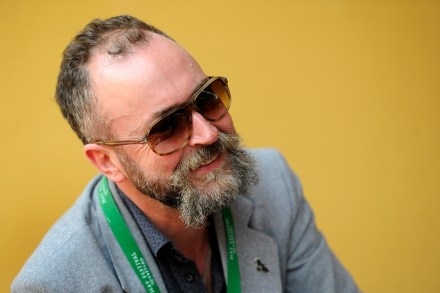Was Josiah Wedgwood really a radical?
No wonder Josiah Wedgwood, the 18th-century master potter, was a darling of the Victorians. From W.E. Gladstone to Samuel Smiles of Self-Help fame, they admired this industrious, inventive, uxorious and religious man as a harbinger of their own age. It surely helped that his story, if not exactly one of rags to riches, was certainly





















